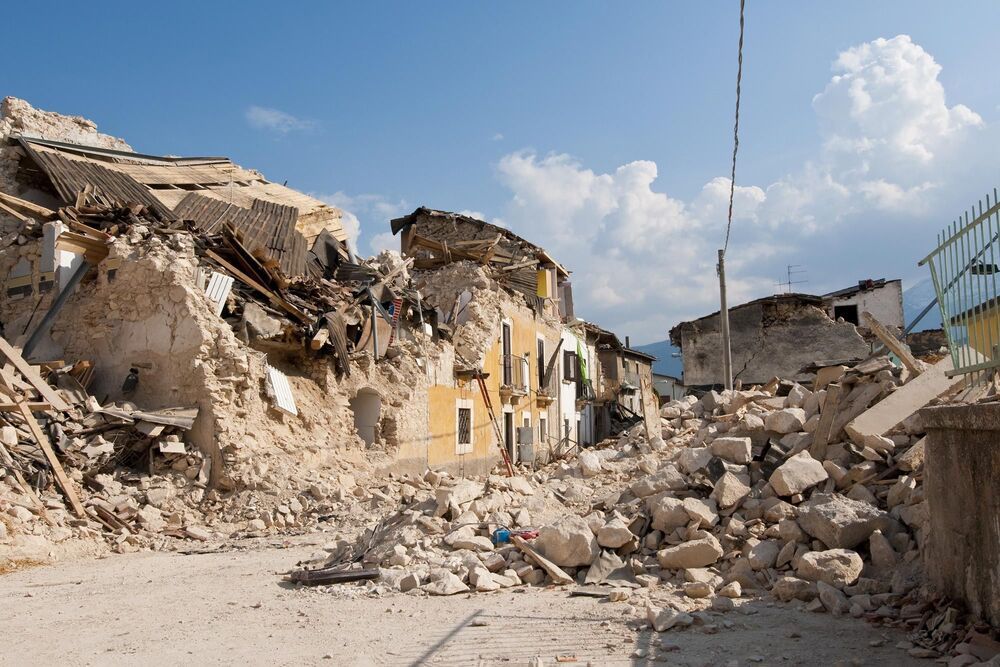New technology from Stanford scientists finds long-hidden quakes, and possible clues about how earthquakes evolve.
Tiny movements in Earth’s outermost layer may provide a Rosetta Stone for deciphering the physics and warning signs of big quakes. New algorithms that work a little like human vision are now detecting these long-hidden microquakes in the growing mountain of seismic data.
Measures of Earth’s vibrations zigged and zagged across Mostafa Mousavi’s screen one morning in Memphis, Tenn. As part of his PhD studies in geophysics, he sat scanning earthquake signals recorded the night before, verifying that decades-old algorithms had detected true earthquakes rather than tremors generated by ordinary things like crashing waves, passing trucks or stomping football fans.
